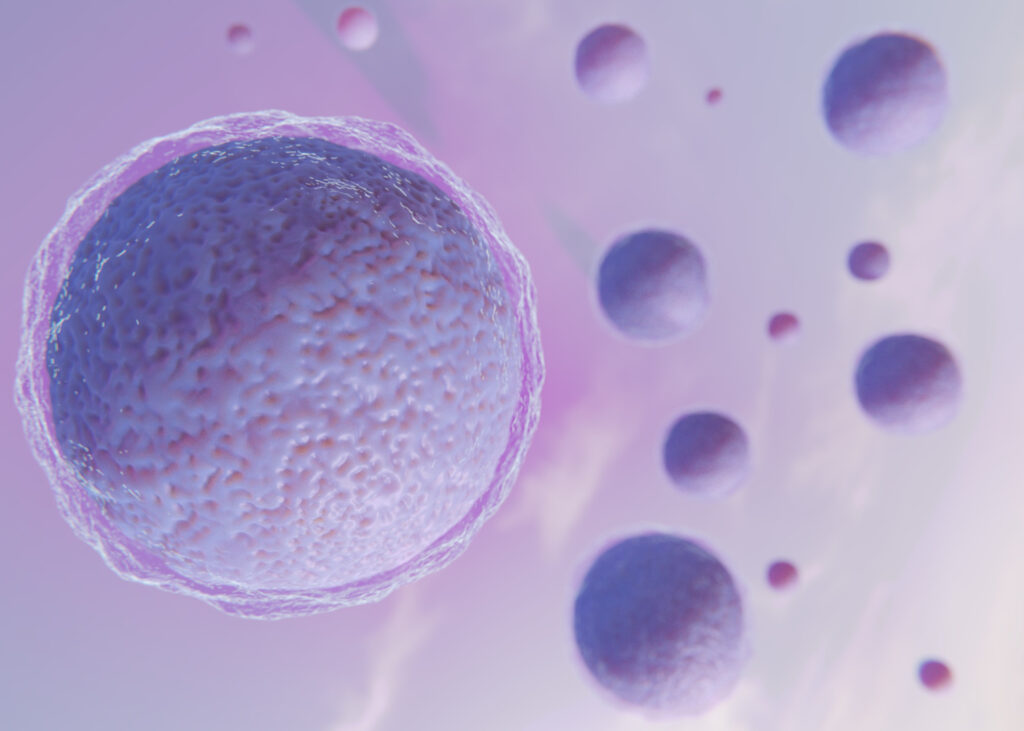4 factors women should consider before they freeze their eggs
Women freeze eggs for numerous reasons, including to combat the effects of ageing on reproduction. The latest data released by the Human Fertilisation and Embryology Authority states that there is an increasing number of women undergoing this process. There is also very little guidance for those women, who are considering this procedure.
5 factors women should consider before they freeze their eggs
1. It is recommended to freeze the eggs when a woman is young but not when they are too young.
Usually, women’s average age, when they go for freezing the eggs, is near about 37 years. To have the best chance of getting success for live birth in the future, it is ideal to freeze the eggs before a woman attains the age of 36 years. Doing so means the stored eggs might remain in sufficiently good quality for freezing and in all probability, can use them for future purposes.
2. Eggs can only be stored for ten years.
In the UK, there is a law which only allows women to unfreeze their eggs, once they have remained frozen for ten years. So, for that reason, women may choose not to get their eggs frozen when they are in their 20s. An extension may be obtained till the period of storage, thus allowing the eggs to stay frozen for 55 years but only after meeting a condition. The women need to prove that they have become infertile prematurely.
3. Eggs could be lost in the process.
The latest data shows that to have a 75% chance of having one live birth, a woman of 34 years will need to freeze ten eggs. Likewise, at 37 years, she would need to freeze 20 eggs. In the process of egg freezing, some eggs are lost. Some of the eggs may not freeze appropriately, may not even fertilise or not even reach the blastocyst stage.
4. Women might need to undergo the procedure many times.
The quantity of eggs collected at the time of one cycle of stimulation and retrieval largely depends on the woman’s age at the time of the procedure, her remaining ovarian reserve and the way she responds to stimulation. So, some women can go on to produce 15 eggs for storage only after one round of treatment while others may require to undergo several rounds of stimulation and retrieval to get hold of and freeze a similar quantity of eggs.
If you have a concern or query about this process, you can always consult a specialist via a health advocate and get answers to your questions!

